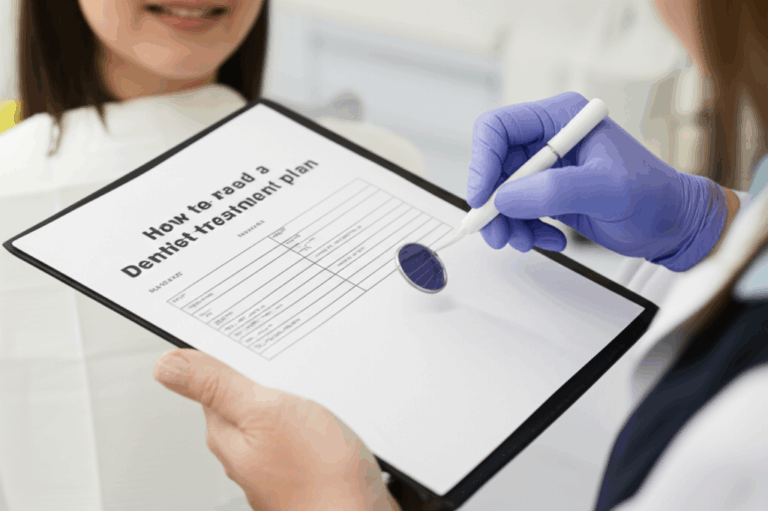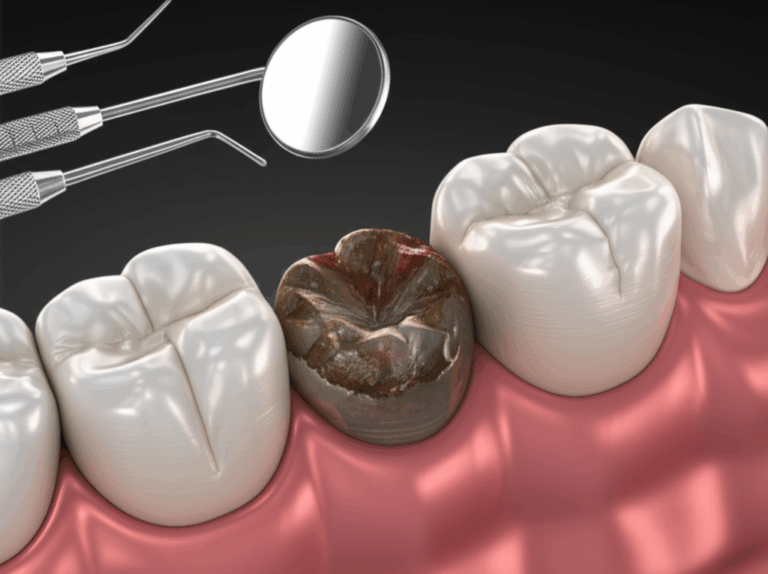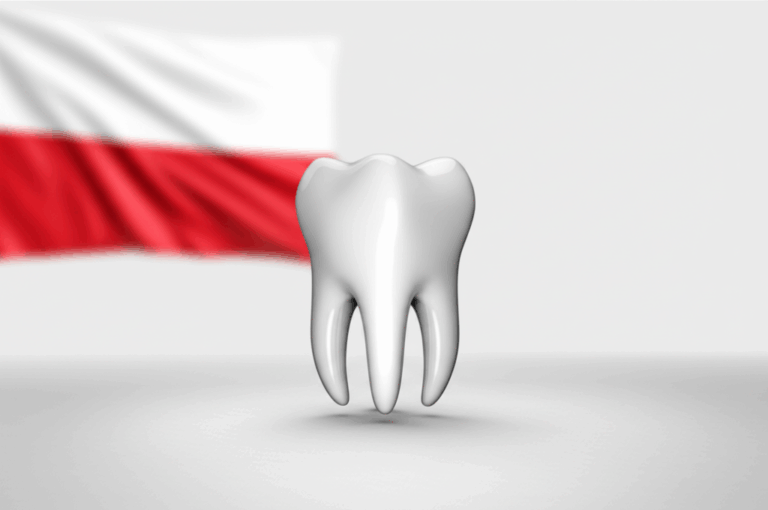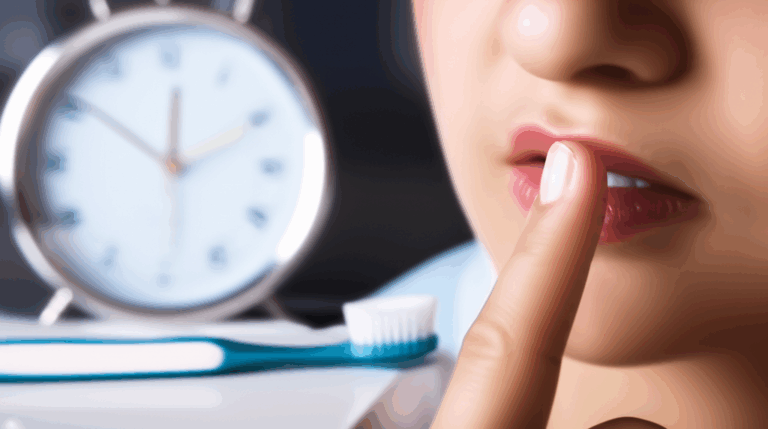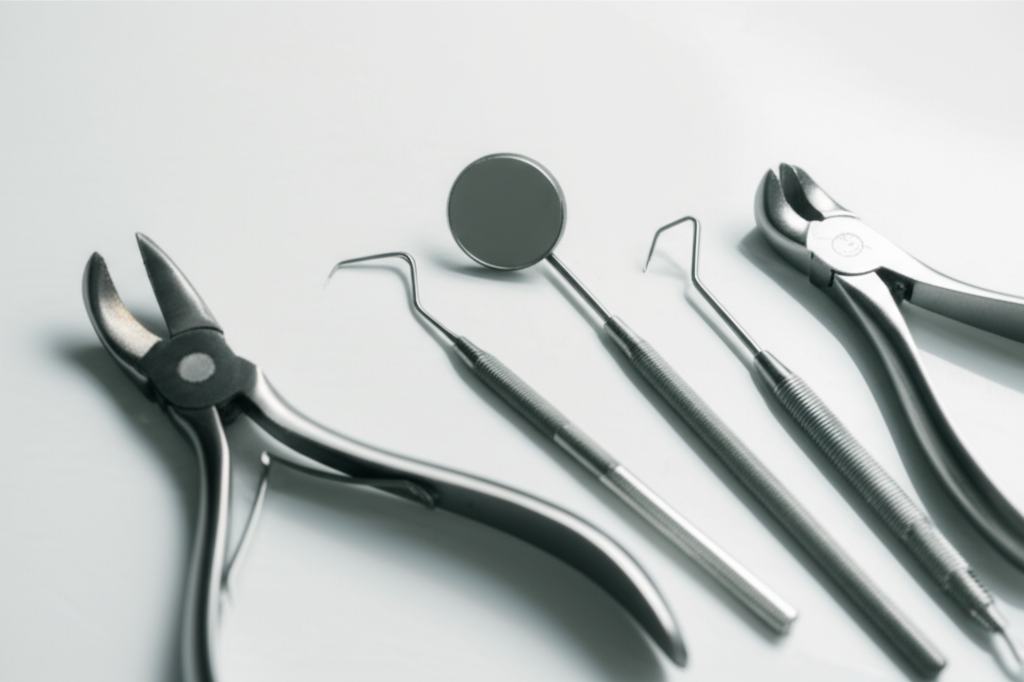
How to Know If You Want to Be a Dentist: Your Ultimate Self-Assessment Guide
Ever wondered, “Would I actually like being a dentist?” Maybe you’ve caught yourself looking in the bathroom mirror, toothbrush in hand, checking out your own teeth, or someone said, “Hey, you’re good with people and science—have you ever thought about dentistry?” Choosing a job like this can feel both exciting and scary. If you want a real, step-by-step answer, you’re in the right place.
In This Article
- Introduction: Exploring Your Future in Oral Healthcare
- Core Self-Assessment: Do You Have What It Takes?
- The Reality of Being a Dentist: Beyond the Textbook
- Practical Steps to Explore Dentistry Further
- The Road Ahead: Education, Finances, and Outlook
- Conclusion: Making Your Informed Decision
Introduction: Exploring Your Future in Oral Healthcare
Why This Guide Matters: Making an Informed Decision
Picking a career is a big deal. It takes years of school, lots of personal effort, and you’ll be responsible for people’s health. Dentistry isn’t just about straight teeth or shiny smiles; it’s about medicine, art, science, and kindness—all at once. That’s a lot to think about. So, how do you turn the big “What if?” into a simple, confident answer?
Think of this guide like talking with a friendly, straight-talking dentist you wish you had in your family.
What You’ll Learn: Beyond the Clinic Chair
This guide goes past the basics. Sure, you’ll learn what dentists do, but we’ll also talk about what it feels like to be a dentist. You’ll get an honest self-check, some myth-busting, and real steps you can take, so you don’t feel lost.
Core Self-Assessment: Do You Have What It Takes?
It all begins with you. Forget the DAT, dental school interviews, or what dentists make for a minute. The main question is, does dentistry fit you? Let’s break down what makes dentistry fun—and what makes it tough—by looking at what you need to be happy in this job.
Are You Good with Small Details and Skillful with Your Hands? (Manual Dexterity)
Picture threading a small needle, making a model airplane, or painting thin lines on a tiny piece. That’s what dentists do—except the “canvas” is a real person’s mouth.
Manual Dexterity: Dentistry needs steady, skillful hands. Think about what you already like—playing guitar, drawing, knitting, putting models together, or cooking tricky dishes. Do you enjoy these things and feel good working with your hands?
If yes, that’s a great start.
Do You Enjoy Science and Love Learning?
Dentistry isn’t just doing the same thing every day. You need to be curious. Do you like figuring out how stuff works? Do you enjoy biology, chemistry, or anatomy? Great! Dentists keep learning new things because dental tools and medicine are always changing.
You’ll need to keep learning—whether it’s about teeth, using new digital tools, or the latest in dental care.
Are You Kind and a Good Listener? (Patient Care & Empathy)
Let’s face it: Lots of people get nervous at the dentist. Some haven’t been in years. Others feel embarrassed about their teeth.
Good dentists listen, explain things in easy ways, and help patients feel safe. It’s more than just fixing teeth—it’s about helping people feel better. Are you patient, caring, and able to talk to people who are worried?
Do You Like Solving Problems and Being Precise?
Every person’s mouth is different. Dentists figure out what’s wrong and come up with a plan to fix it. Maybe you like solving puzzles, playing games like Sudoku, or fixing things at home.
Dentistry means thinking hard and being careful with your hands. If you enjoy figuring things out and like being challenged, this could be for you.
Can You Deal with Stress and Stay Focused?
Dentistry can be stressful. You have to work quickly but carefully, some procedures take a long time, and sometimes you have to help very anxious people.
It helps if you can stay calm, recover when things don’t go right, and pay attention to what you’re doing, even under pressure.
Are You Ready to Handle the Business Side?
Dentists aren’t just doctors—they often run a small business, too. If you want to own your own clinic, you’ll deal with managing people, handling money, hiring staff, and more.
Maybe you like organizing events, leading groups, or keeping track of your own budget. If you do, you might enjoy the business side of being a dentist.
The Reality of Being a Dentist: Beyond the Textbook
Even the best self-assessment won’t help if you don’t know what dentists actually do every day or what the ups and downs look like.
A Day in the Life: What Dentists Actually Do
Here’s a quick look:
- Meeting Patients: Listen to their stories, help them share what’s going on, and check their records.
- Treatments: Could be easy cleanings or trickier things like crowns or root canals. You’ll use lots of tools and need to be careful.
- Paperwork and Scheduling: If you run a clinic, you’ll fill out forms, make schedules, order supplies, and sort out insurance.
- Teamwork: You’ll work with hygienists, assistants, and front desk staff—leading, teaching, and planning together.
Most dentists like that every day is different. You never know what the next patient will need.
The Rewards: Why Dentists Like Their Job
Here’s why many dentists enjoy their work:
- Helping Others: You help people feel better, smile more, and get out of pain.
- Seeing Results: You can see the difference your work makes.
- Freedom: Many dentists can make their own schedules and run their own office, which is rare in healthcare.
- Good Pay: The Bureau of Labor Statistics says dentists made about $163,920 each year in 2022, and those who own their clinic or have a specialty can earn even more.
The Challenges: The Tough Parts
No job is perfect, and dentistry is no different. Here’s what can be hard:
- Physical Strain: Standing for long times and working bent over can hurt your back and neck.
- Emotionally Draining: Some days you’ll have tough cases or deal with upset people, so you need to be strong inside.
- School Debt: Most dentists end up owing around $300,000–$350,000 when they finish school. That’s a lot.
- Paperwork: Owning a clinic means lots of business paperwork.
- Competition: In some towns, there are a lot of dentists, which can make finding patients harder.
Work-Life Balance: What to Expect
A big plus? Many dentists can set their own schedules, especially clinic owners. Most work 40–50 hours a week, but you can plan your days. Still, don’t expect lots of time off when you’re just starting a new clinic. It takes effort.
Practical Steps to Explore Dentistry Further
Maybe you’re feeling good about what you’ve read so far. But how can you really know if dentistry is right for you? The answer: get as close to the real job as possible before making a decision.
Shadow a Dentist: See for Yourself
Nothing beats watching a dentist in person. Ask a local dentist (maybe your own, or through friends or family) if you can come watch.
Tips for Shadowing:
- Be polite when asking.
- Notice how the dentist talks to patients.
- Watch how the team works together.
- Ask questions after. Why did they pick this job? What do they like about it? What’s hard?
Shadowing gives you the real story, not just the highlights.
Volunteer in Healthcare
You don’t have to start with dental work. Try volunteering at a clinic, hospital, or health fair. Helping patients, working with staff, or even doing simple tasks gives you a feel for healthcare.
Bonus: Joining a dental mission or public health event will show how much dental care matters, especially in places that need more help.
Talk to Dentists and Dental Students
Reach out! Most dentists are happy to talk about their work and give advice.
- Set up a chat or informal interview.
- Ask what’s hard about the job, what they wish they knew, and what surprised them.
- Talk to dental students, too—they can tell you what school is like and how to handle the classes.
Join a Pre-Dental Club or Group
If you’re in high school or college, pre-dental clubs are great for learning more, meeting others, and finding resources.
- Go to meetings and events.
- Meet friends who share the same interest.
- Get help preparing for the Dental Admissions Test (DAT) or filling out applications.
Try Hands-On Activities: Hobbies & Practice
Practice being good with your hands by doing things like making art, making jewelry, painting, or playing music. It’s fun and helps build the finger skills dentists need.
Curious about the tech side of dentistry? Check out new things like digital dental labs, which use 3D printing and scans to make things like crowns or night guards. You might learn even more by reading about a china dental lab or checking out how a digital dental lab works.
The Road Ahead: Education, Finances, and Outlook
Dentistry sounds interesting. But the journey isn’t quick—it’s long, but can be worth it. Here’s what the road looks like from student to dentist.
Getting into Dental School
The Basics:
- Bachelor’s Degree: Usually in science subjects like biology or chemistry.
- Pre-req Classes: Most schools want classes like anatomy, organic chemistry, and physics.
- DAT: The Dental Admissions Test is a must.
- Applying: You’ll need to write essays, do interviews, and show you’ve been involved (shadowing and volunteering really help).
Dental School: Four years of hard classes and training. Some pick a specialty like orthodontics or surgery, which means another 2–6 years.
The Cost of School and Debt
Let’s be honest:
- Tuition: Public dental school often costs over $200,000; private is even more.
- Living expenses: Rent, food, and books add up.
- Student Loans: Most graduates owe about $300,000–$350,000.
Don’t freak out, but think carefully. Look for scholarships, financial help, or consider public health programs that pay off some of your loans.
Job Outlook and Job Happiness
- More Jobs Coming: The Bureau of Labor Statistics says the number of dentist jobs will grow by 6% from 2022–2032, which is average but steady—especially because more people need dental care.
- Good Pay: The typical dentist makes about $163,920 a year, though this can be much higher with special training or your own clinic.
- Job Satisfaction: Surveys say 80–85% of dentists like their job, mostly because they help people and can set their own hours.
Specialties: Jobs like orthodontics or oral surgery take more training but can be even more rewarding. Some like working with new tech—today’s dental labs use 3D printing, tough new materials, and digital tools more than ever.
If you’re interested in new tricks and technology, visiting a modern dental lab might be right up your alley, offering insight into things like zirconia crowns, e.max veneers, and 3D-printed dental models.
Conclusion: Making Your Informed Decision
You made it to the end—nice work! Here’s what matters most as you think about your next steps.
Main Takeaways: Your Path to Dentistry
- Dentistry is about more than fixing teeth. It involves science, kindness, skill with your hands, and wanting to help real people.
- Check yourself first. Think honestly about your own skills, how you deal with stress, if you like business, and if you want to make a difference.
- Experience is key. Shadow a dentist, volunteer, and talk to people already in the job to really know what it’s like.
- School takes work and money. Be sure you understand the cost and don’t just look at the paycheck—think about what you’ll put in and get back.
- You have choices. Dentists work in clinics, public health, research, and more. Pick what fits you best.
What To Do Now
- Reflect: Think about what you like, what you’re good at, and what draws you to this field.
- Get experience: Set up shadowing, volunteer or talk to dentists before signing up for DAT or school.
- Check out schools and aid: Compare different programs and ways to pay for them.
- Join a club: Meet others heading the same way. Share tips, study together, and support each other.
- Keep up with new skills: Whether working on fine finger skills or learning the newest dental tech, it’ll pay off later.
Don’t forget, every dentist started where you are—curious, hopeful, maybe a bit worried. If you’re open-minded, have steady hands, and care about others, this could be a great journey. And even if you end up going another way? That’s a smart choice too.
Want more stories from real dentists? Check out this dental practical guide for details and more resources.
Frequently Asked Questions
Q: Do I need perfect grades to get into dental school?
A: Good grades help, but schools want to see the whole package: shadowing, volunteering, and real interest are just as important.
Q: Are there other jobs in dentistry if I’m unsure about being a dentist?
A: Yes! Look at dental hygienist, dental assistant, or working in dental technology. They all matter and have their own perks.
Q: How can I tell if I’m emotionally right for dentistry?
A: Shadow and talk to real dentists. Think about how you handle stress and if you truly care about helping people, even on hard days.
Q: Will I find a job after school?
A: It depends on where you look and who you know, but there are usually jobs—especially in growing areas like digital dentistry and specialty care.
Q: Do dentists regret their career because of debt?
A: Some wish they hadn’t borrowed so much, but most like their job—especially if they planned well and balance work and life.
Your Smile, Your Future
Whatever you decide, keep asking questions, stay curious, and ask for help when you need it. Dentistry is always changing and always needed. There are lots of people just like you, wanting to make a difference—one smile at a time.
Medically reviewed by Dr. Jane Doe, DDS. Sources: American Dental Association (ADA), U.S. Bureau of Labor Statistics, American Dental Education Association.
(If you want to take the next step or just learn a little more, check out our dental practical guide or find local dental experts to chat with.)

